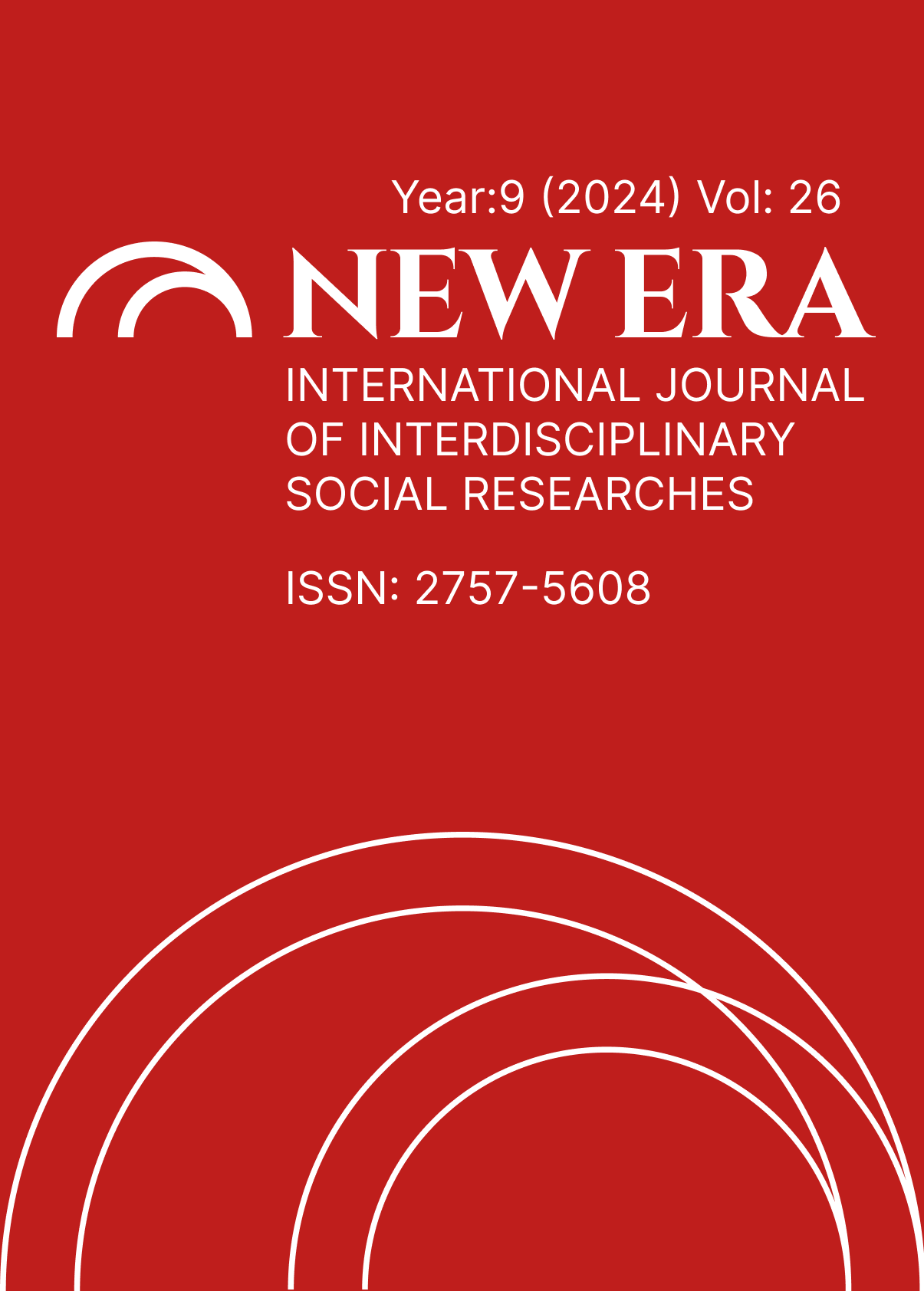UNHEARD VOICES OF MARGINALIZED MOTHERHOOD IN EVERY DAY IS MOTHER’S DAY
DOI:
https://doi.org/10.5281/zenodo.14553220Abstract
Women’s madness is considered to be socially constructed as a result of the rules they have had to obey since their childhood. From their childhood to motherhood, women are expected to meet certain expectations. They are expected to be obedient daughters, loving wives, and caring mothers, which inevitably puts heavy pressure on women. As a result of their endless responsibilities, they do not have a chance to develop a healthy self, which leads them to have psychological disorders as a reaction to their oppression in society. The history of women’s madness has been investigated by Jane Ussher, Elaine Showalter, and Phylis Chessler. They indicate that, apart from biological reasons, women’s madness is based on oppressive societal norms put on women’s shoulders. In Hilary Mantel’s novel, Every Day is Mother’s Day, women’s madness as a social construction is reflected through the main character, Evelyn Axon, who is not liked by the people around her due to her extraordinary appearance and behaviors. She is reflected as a single mother who takes care of an intellectually disabled daughter, Muriel. As the novel proceeds, the reason that lies in Evelyn’s madness is revealed through her tragic childhood and marriage. Forced to marry a pedophile when she reaches a certain age, Evelyn has to deal with her disabled daughter on her own since her husband does not accept his daughter as his child. Besides, without having enough support from social services, she handles her disabled daughter according to her motherhood ideals. Another challenge she faces is that her daughter is raped and pregnant; however, she deals with the situation by herself as she knows that she is the one who will be accused of her daughter’s rape, not the harasser, which leads to her murdering the baby. Therefore, it is clear that women’s madness is related to their never-ending efforts to be ideal daughters, wives, and mothers, which is mirrored through Evelyn in Hilary Mantel’s debut novel Every Day is Mother’s Day.
References
Byrne, Eleanor. “Mantel’s Social Work Gothic: Trauma and State Care in Every Day is Mother’s Day and Vacant Possession”. Hilary Mantel. Eds. Ginette Carpenter and Eileen Pollard. (2020), 13-26.
Chesler, Phyllis. Women and Madness. Florida: HBJ Book, 1989.
De Beauvoir, Simone. The Second Sex, New York: Vintage Books, 1974.
Gilbert, Sandra M. & Gubar, Susan. The Mad Woman in the Attic. New Heaven: Yale University Press, 2000.
Goffman, Erving. Asylums: Essays on the Social Situation of Mental Patients and Other Inmates. New York: Anchor Books, 1961.
Landsman, Gail Heidi. Reconstructing Motherhood and Disability in the Age of Perfect Babies. New York: Routledge, 2009.
Landsman, Gail Heidi, & Van Riper, Marcia. “Incorporating children with disabilities into family life”. Optimizing Care for Young Children with Special Health Care Needs. (2007), 83–113.
Lloyd, Margarete. “The Politics of Disability and Feminism: Discord or Synthesis?”. Sociology, (2001), 715-728.
Mantel, Hilary. Every Day is Mother’s Day, London: The Fourth Estate, 2013.
Masson, Jeffrey Moussaieff. Assault on Truth: Freud’s Suppression of the Seduction Theory. New York: Ballantine Books, 2003.
Ryan, Sara & Runswick-Cole, Katherine. “Repositioning Mothers: Mothers, Disabled Children, and Disability Studies”. Disability and Society. (2008), 199-210.
Showalter, Elaine. The Female Malady: Women, Madness and English Culture, 1830-1980. London: Penguin Books, 1987.
Ussher, Jane. Women’s Madness: Misogyny or Mental Illness? Massachusetts: The University of Massachusetts, 1992
Downloads
Published
How to Cite
Issue
Section
License
Copyright (c) 2024 NEW ERA INTERNATIONAL JOURNAL OF INTERDISCIPLINARY SOCIAL RESEARCHES

This work is licensed under a Creative Commons Attribution-NonCommercial 4.0 International License.


